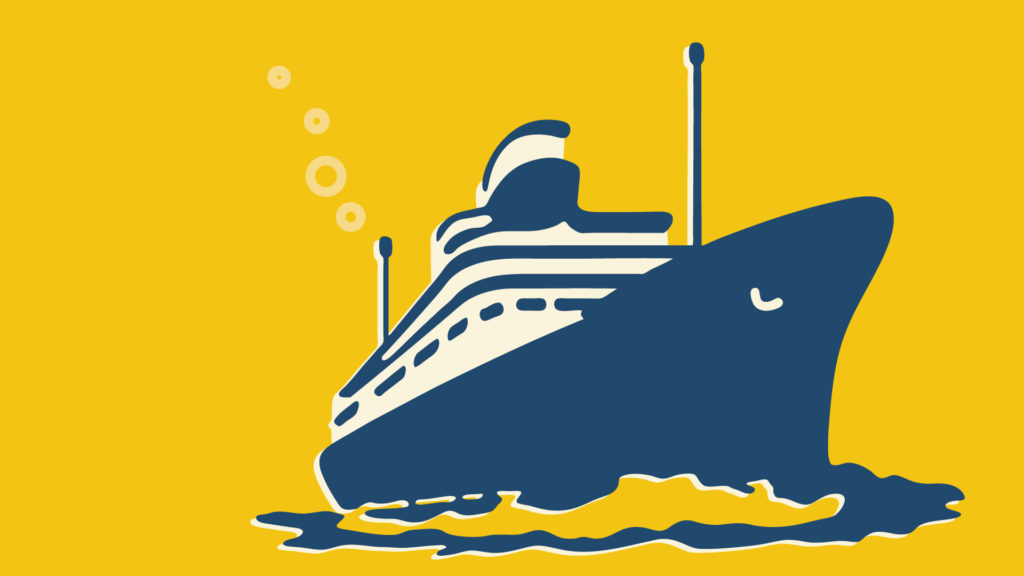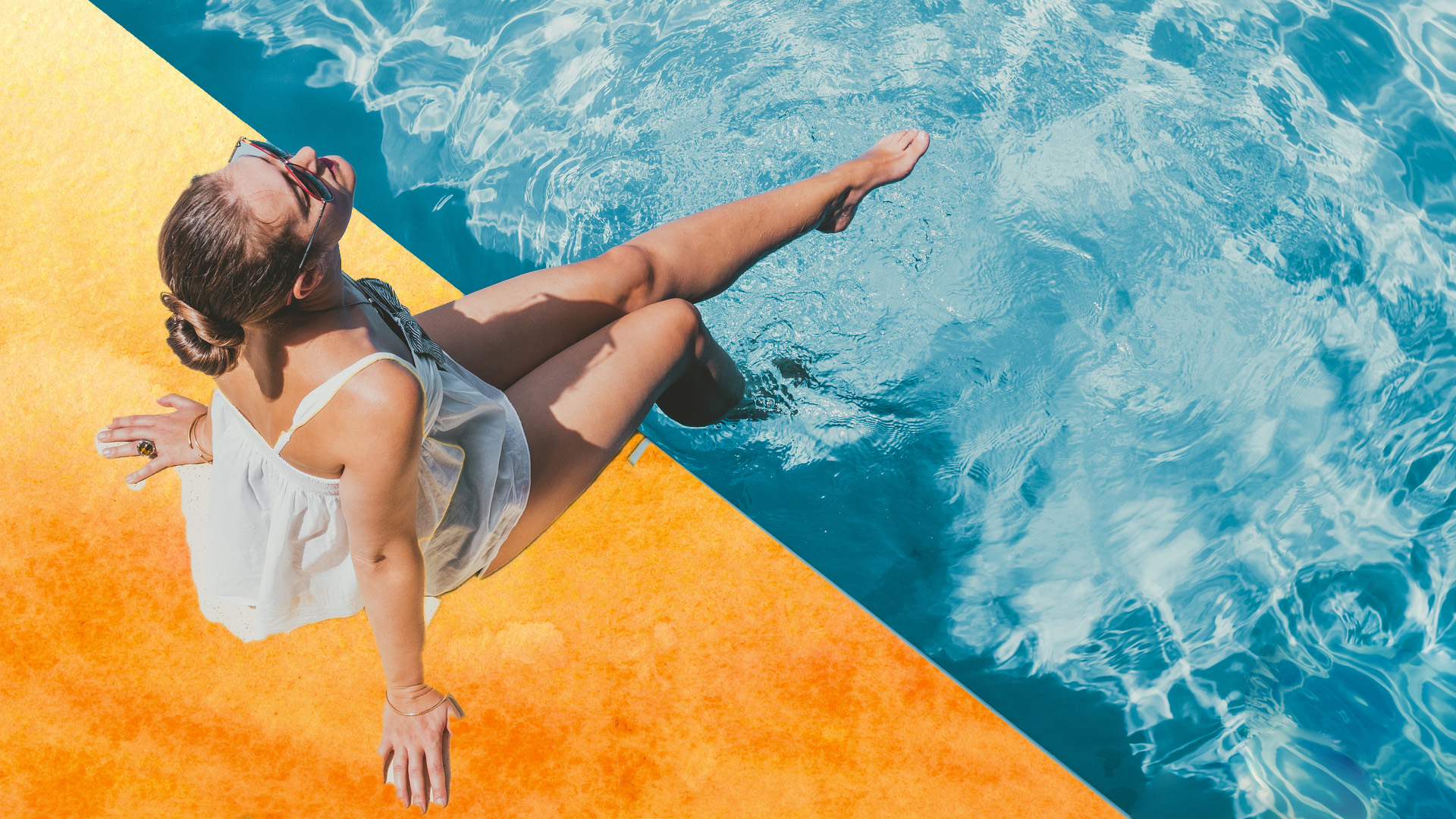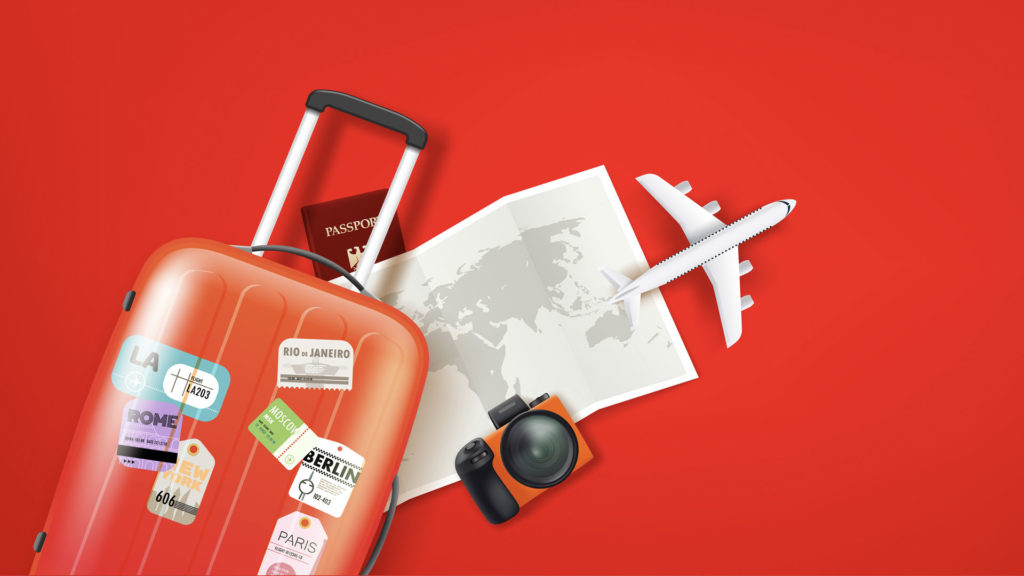
Are Cruises Safe?

Vaccinating, testing, and masking have all become the norm post-pandemic, especially when traveling. As the risk for Covid-19 lessens, travelers still wonder are cruises safe right now even if they are vaccinated. The good news is cruise lines continue to maintain exceptional safety records with regards to both personal and Covid-19 safety, and even pest control, making cruising one of the safest and convenient ways to travel.
Find What You Need
Post-pandemic and Cruising
While Covid-19 took a toll on cruising early in the pandemic, cruise lines have worked hard to make their ships safe and healthy. Protocols included requiring passengers and crew to be fully vaccinated (and considered “fully vaccinated” to mean 14 days after their final shot) and present a negative Covid-19 PCR or antigen test completed within a certain duration (usually two days) of embarkation. There was also “frequent” testing throughout the cruise. Travelers could be granted an exemption from being vaccinated for a medical reason and had to provide proof via a doctor’s note attesting to the reason.
Now, for the first time in more than two years, many cruise lines are changing their policies for Covid-19 vaccinations and testing and are no longer requiring proof of vaccination and pre-embarkation tests. While the cruise industry shifts away from mandatory vaccinations and testings, it could shift back depending on if cases of the virus increase. And cruise lines must abide by the rules and regulations of their port cities and countries. If the locations require vaccinations and pre-tests to visit, the cruise line will require it for passengers wanting to visit those ports.
Because of the frequent changing nature of Covid-19 regulations, it is recommended to check directly with your cruise line about their testing and vaccination protocols before travel.
Some cruises are also not requiring masks onboard indoors while others are, so like with vaccinations and testings, also check with your cruise line about their mask requirements. Additionally, vaccinations, tests, and masks could be required on bus transfers, in hotels, and on excursions so be sure to ask your cruise line about that, too.
Even though cruise line requirements for Covid-19 are changing, cruise ships will still practice certain Covid-19 cruise safety procedures, including:
- Luggage disinfected before being brought onto the ship.
- Ships upgraded with new HVAC filtration systems, and EPA-certified disinfectants used to clean the ship; staterooms cleaned with electrostatic fogging.
- More frequent cleaning in common areas.
Can Traveling on a Cruise Increase the Risk of Getting Covid-19?
Yes. As the U.S. Centers for Disease Control and Prevention explains, the virus that causes Covid-19 spreads easily between people in close quarters onboard cruise ships. If the virus is spreading on a ship, passengers and crew are at risk for infection. Even though a cruise line might not require proof of vaccination to board, the CDC still recommends that travelers are up to date with their Covid-19 vaccines before taking a cruise, in addition to following their ship’s requirements and recommendations against the virus.
Keeping Cruises Safe: What the Cruise Lines Do
In addition to Covid-19 protocols, cruise lines also follow strict safety measures to ensure passenger and equipment safety.
Crewmember Training
All cruise personnel are given extensive training in safety, security, and first aid to prevent and respond to potential emergency situations.
Heavy Industry Scrutiny
Cruise ships are among the most scrutinized vessels at sea. With oversight beginning at design and construction, many classification agencies provide strict safety standards and oversight throughout a ship’s construction and at-sea operations.
Constant Safety Improvements
Cruise lines regularly review operational procedures and improve safety processes and technologies to stay in step with the changing conditions and challenges.
Precautions and Preparations
Every cruise ship is equipped with enough survival craft, including lifeboats and life rafts, to accommodate at least 125 percent of the number of persons onboard. In addition, all survival craft must be tested and meet rigorous safety requirements. Cruise lines also have safety procedures in place to prevent pirate attacks. There have been no pirate attacks on cruise ships in the last several years. Despite this, cruise ships have not stopped taking precautions when traveling in areas previously known for pirate activity.
Keeping Cruises Safe: What Passengers Can Do
While cruise lines manage many safety procedures and protocols, cruise passengers themselves can take steps to ensure their safety and security.
Paying Attention During the Ship’s Muster Drill
Before the cruise departs, all passengers must attend the ship’s muster drill. This is where you are shown where the ship’s muster station is – the place on a ship where all passengers should assemble in the event of an emergency. During the muster drill you will also be shown where life jackets are located and how to put them on, and what each ship alarm means.
Preventing Pool Drownings
Drowning is a potential danger on any cruise ship, and only three cruises – Disney, Royal Caribbean and Norwegian – have trained lifeguards on their ships. Even with lifeguards onboard, the guards might only be stationed at family pools during set hours, thus during other hours, the pools are left unattended. Never leave children unsupervised in a pool. It is also best to never swim alone even if you are an adult.
Keeping Personal Belongings Safe
Be sure to lock your cabin door not only at night and when you are out and about during the day. Be mindful of what you bring on excursions and keep purses and other valuables on you at all times or locked in your cabin safe. Be sure to also check your balcony before you go to sleep and don’t leave the balcony door open when you are not in your room, especially in port. Contractors who clean windows and do maintenance can easily gain access to your room.
Getting to Know the Cruise’s Staff
Ask their names and make sure they know yours. Establish a relationship with staff so they know if someone other than you or your guests are trying to get into your room.
Other safe cruise tips include:
- Drinking alcohol responsibly and not over consuming.
- Buddying up. Never be alone anywhere on the ship or in ports of call.
- Being safe on your balcony and not hanging off or sitting on the balcony’s ledges.
- Not carrying large amounts of cash during excursions or while onboard outside of your cabin.
- Not accepting invitations to crew quarters.
The Bottom Line on Cruise Safety
As the Covid-19 pandemic appears to be easing in most parts of the world, cruise lines have relaxed many of their Covid-19 vaccination, testing and masking requirements and cruises are safe for most people who don’t have a compromised immune system. With the right awareness and precautions for your personal health and safety, cruising is a fantastic way to travel and see new parts of the world.



